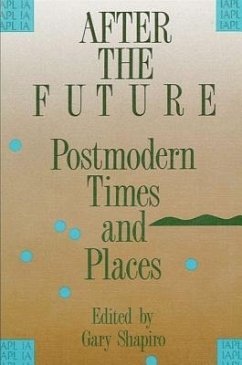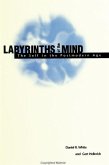This book brings together diverse aspects of postmodernism by philosophers, literary critics, historians of architecture, and sociologists. It addresses the nature of postmodernism in painting, architecture, and the performing arts, and explores the social and political implications of postmodern theories of culture. The book raises the question of whether postmodernism is to be seen as one more epoch or period within a succession of eras, or as a challenge to the modernist practice of periodization itself. The nature of the subject and of subjectivity is explored in order to resituate and contextualize the autonomous subject of the modern literary traditions. Postmodern approaches to philosophy, both analytical and continental (including the work of Deleuze, Derrida, Foucault, Rorty, and Cavell) are scrutinized and compared with a view to the question of foundationalism and with respect to philosophy's historical reflection on its own exclusionary practices. After the Future discusses the ramifications of technology and programs for the renewal of community in a radically pluralistic society. It also discusses the question of language and the diverse ways of distinguishing the articulate from the inarticulate.
Hinweis: Dieser Artikel kann nur an eine deutsche Lieferadresse ausgeliefert werden.
Hinweis: Dieser Artikel kann nur an eine deutsche Lieferadresse ausgeliefert werden.








